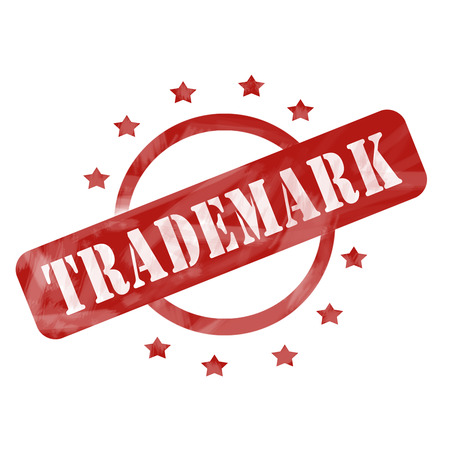Overview
On June 8, 2023, in a unanimous decision, the Supreme Court of the United States found in favor of Jack Daniel’s in deciding that a whiskey bottle-inspired dog toy, “Bad Spaniels,” used Jack Daniel’s trademarks in a commercial manner and was therefore not protected by the principles of free speech.
in a unanimous decision, the Supreme Court of the United States found in favor of Jack Daniel’s in deciding that a whiskey bottle-inspired dog toy, “Bad Spaniels,” used Jack Daniel’s trademarks in a commercial manner and was therefore not protected by the principles of free speech.
A single bottle of Jack Daniel’s Old No. 7 Tennessee Sour Mash Whiskey embodies a lot of trademarks. The words alone, the fancy font, the layout, and even the bottle shape itself are all protected by registered trademarks. When VIP Products started making a dog toy named Bad Spaniels, mimicking the words, font, and layout of a bottle of Jack Daniel’s Old No. 7 Tennessee Sour Mash Whiskey, including the shape of the bottle, Jack Daniel’s was not happy. Instead of alcohol, the Bad Spaniels toy touts a 43% poo by vol. and 100% smelly for “The Old No. 2 On Your Tennessee Carpet.”
Jack Daniel’s sent a cease and desist. VIP sought a declaratory judgment. Jack Daniel’s filed a counterclaim alleging infringement and dilution. A summary judgment, bench trial, appeal, remand, and further appeal later - the case was appealed by Jack Daniel’s to the Supreme Court of the United States.
The first question before the Supreme Court was, essentially, whether VIP’s use of the Jack Daniel’s marks was governed by principles of free speech or trademark law. In answering that question, the Supreme Court looked at VIP’s general use of the Jack Daniel’s trademarks. At one point during the saga, VIP conceded that it intended the name, wording, and trade dress to act as a source of its product. Such use is a commercial use. It is also clear that VIP was poking fun at a known brand, which can often be a protected activity under the doctrine of free speech. Because of VIP’s commercial use, however, the principles of trademark law apply. In a unanimous decision, the Supreme Court remanded the issue to the lower courts to now determine whether VIP’s use creates a likelihood of confusion.
The second question before the Supreme Court was whether VIP’s use of the Jack Daniel’s trademarks tarnished the Jack Daniel’s marks and good name by associating Jack Daniel’s with…well, dog poo. VIP argued that its noncommercial, humorous use of the Jack Daniel’s trademarks was protected from the Lanham Act’s exclusion from dilution liability for noncommercial use of a mark. The Supreme Court unanimously found that, because VIP was still using its humorous marks as source identifiers, the use did not qualify for the exclusion.
The bottom line in the Supreme Court’s decision is to look at the overall use of a design when faced with a potential parody defense to infringement. A parody use, when also intended to act as a source identifier, is still a commercial use and trademark principles will more likely apply than principles of fair speech.
